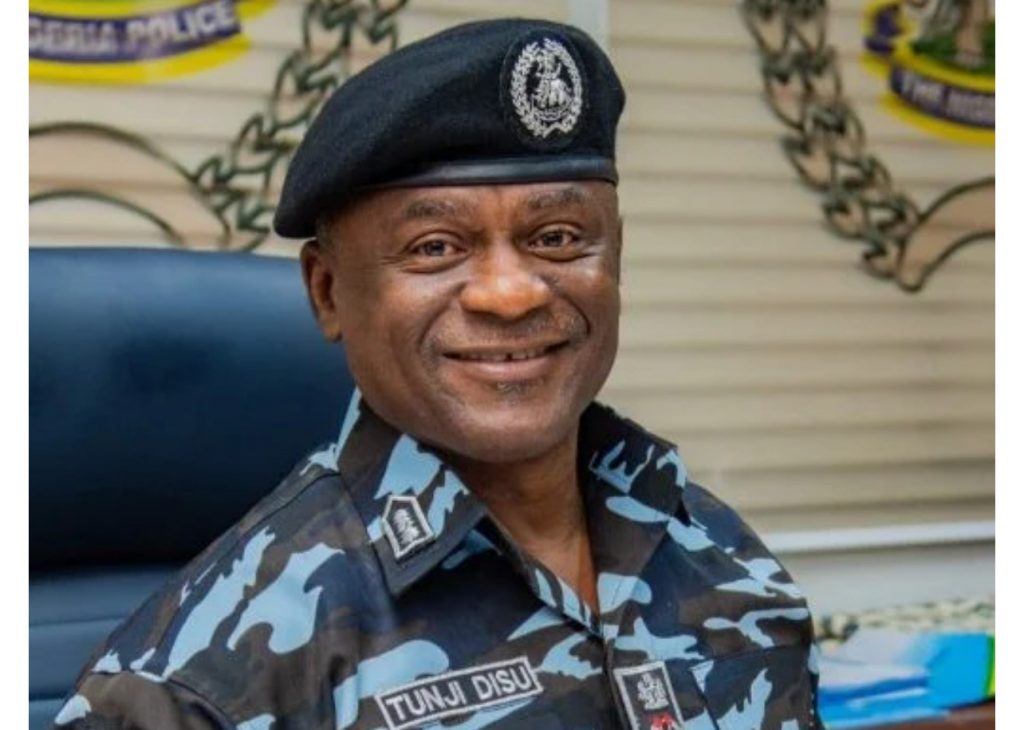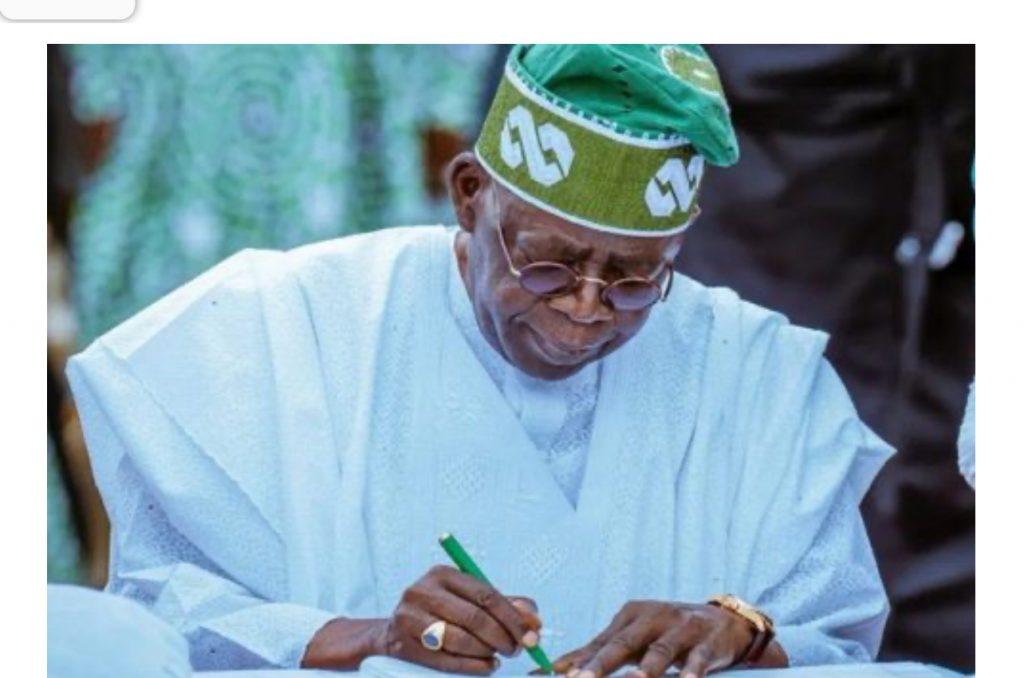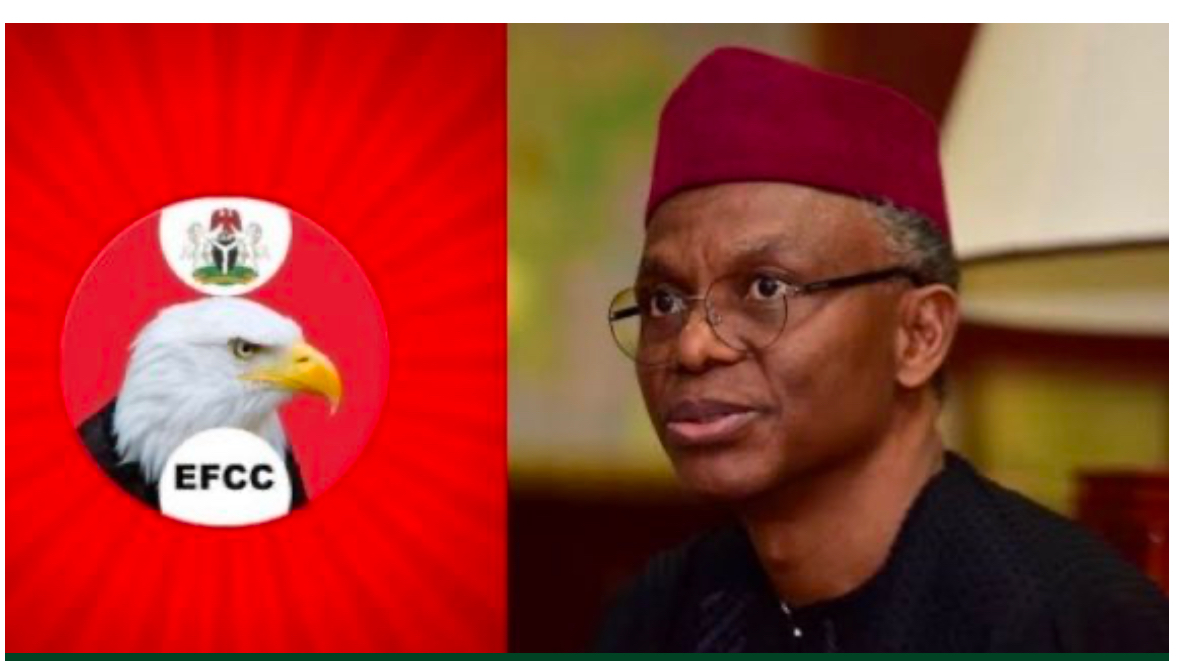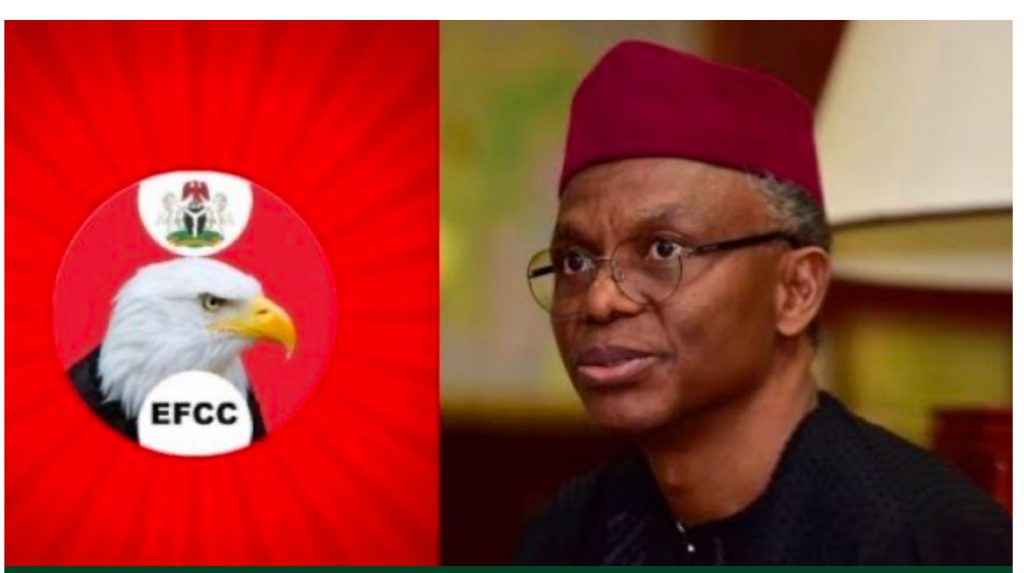news
update: High Cost of Diesel : Telcos demand 40% increase in voice, SMS, data tariffs; NCC, expert reacts

 ….Free web operators threaten national security — Experts
….Free web operators threaten national security — Experts
There are indications that telecommunications operators, telcos, in the country are planning to raise tariffs on voice calls and data by as much as 40 per cent.
Reliable sources from the operators who confirmed the plans to Newsthumb said it was due to high cost of diesel to operate their businesses, incessant harassments and frivolous taxes and levies imposed on them by all manner of agencies from the three tiers of government.
The telcos who spoke to correspondence on the issue said the issue is being handled by their umbrella body, the Association of Licensed Telecoms Operators of Nigeria, ALTON.
GSM service providers plot 40% increase on voice calls, SMS, data
Free web operators threaten national security — Experts
NCC bids to regulate management of telcos
Vanguard reliably gathered that ALTON has already sent a letter to the Nigerian Communications Commission, NCC, seeking upward review of tariffs by 40 percent.
If approved, the services that will be affected include voice calls, short message services, SMS, and data services.
It means that the telcos want the average 11k per second, N8.95 per minute current cost of voice calls jerked up to N12.53 while short message services will move from N4.00 to N5. 61.
This also means that a subscriber who spends 30 minutes on a call will have to cough out approximately N376 while those who spend one hour will have to pay at least N752.
ALTON’s letter to NCC highlighted a few operational issues which the regulator should consider to approve the request.
They include rising cost of business operations due to high cost of diesel, and other energy sources, recent introduction of excise duty of five per cent on telecoms services, and increased burden of multiple taxes and levies on the industry. The telcos say these increments have jerked their operating expenses by over 35 per cent.
However, a reliable source at the NCC said as much as the Commission sympathises with the conditions which have increased operating costs, tariff increment is not done with sentiment.
The source said: “I am aware that the ALTON sent in a letter with a demand for increment in tariffs, but there is a process which is rigorously taken before increments are made on tariff.
“The current tariff they are currently operating with went through that rigour. So, even if their demand will be considered, it will also take a process which is not going to encourage an instant implementation” he added.
Part of ALTON’s letter sighted by Vanguard read: “As the commission may be aware, the power sector under the supervision of its Nigerian Electricity Regulatory Commission in November 2020 undertook a review of electricity tariffs to cater for the economic headwinds.
“In view of the foregoing, ALTON considers it expedient for the telecommunications sector to undergo periodic cost adjustments through the commission’s intervention to minimise the impact of the challenging economic issues faced by our members.
“Details are: Upward review of the price determination for voice and data and SMS. Given the state of the economy and the circa 40 per cent increase in the cost of doing business, we wish to request an interim administrative review of the mobile (voice) termination rate for voice; administrative data floor price, and cost of SMS as reflected in extant instruments.
“With respect to voice and SMS cost, ALTON respectfully requests the commission to consider a mark-up approach to address the upward price adjustment desirable for the industry. We have enclosed herein and marked Annexure 1 of our proposal in that regard.
“For data services, we wish to request that the commission implements the recommendations in the August 2020 KPMG report on the determination of cost-based pricing for wholesale and retail broadband service in Nigeria. Excerpts from the report are attached and marked Annexure 2 to provide a further illustration.
“In implementing the said recommendations, however, we recommend that the 40 per cent increase in the cost of doing business be factored in to arrive at a cost price per Gigabyte in view of the current economic situation.”
The group also highlighted other demands to the commission such as to explore other penalties for operators other than punitive monetary sanctions, extend the payment timeline of relevant regulatory levies and fees, prevail on the Federal Government to sign the executive order declaring telecoms infrastructure as critical national infrastructure to mitigate cost spent replacing damaged and stolen infrastructures, among others.
It added that the Mobile (Voice) Termination Rate (MTR) for voice, administrative data floor price and cost of SMS as reflected in extant instruments should also be increased.
The ALTON letter added: “For large operators, a new interim MTR of N5.46 from N3.90 reflecting 40 per cent increase in the cost of business. “For small operators, the new interim MTR of N6.58 from N4.70 reflects a 40 per cent increase in the cost of business.”
A reliable source and senior official of ALTON who also confirmed the letter, said: “Although we did not intend that this will be a media issue, I can confirm to you that we sent a letter to the NCC requesting upward review of tariffs.
“But this shouldn’t come to you as a surprise. We have always intimated that this is the only way to go, considering prevailing circumstances.
“Recall that while approaching the Federal Government to intervene on indiscriminate clamp down on our facilities, particularly the recent one in Kogi over frivolous taxes and levies by all manner of agencies, we did warn that we may be forced to increase tariffs.
“What has happened now is that as law-abiding citizens and responsible corporate entities, we are going about it the appropriate, responsible and legal way.
“For us to serve you well, we must first of all be in business,” he added.Expert reacts.
For the Executive Director, Paradigm Initiatives Nigeria, Mr Gbenga Sesan, said: “The holy alliance the operators entered with ministry of communications and digital economy on the bad NIN-SIM linkage policy has come to haunt them.
“The effect of that bad policy is what they are reacting to. They should have stood their ground that the policy was not right, instead of compromising their knowledge.
“If they increase prices, people will adjust. Already we are used to telephone communications. What will suffer is the aggregate economy, which is why we didn’t want that evil policy in the first place.
“The Over the top operators will now gain ground because people will call more on whatsapp and other Voice over internet protocol platforms than normal voice calls.
“That is where the revenue that was supposed to accrue for government will go to people who do not have physical presence in our economy.”
news
BREAKING: Tinubu Names Tunji Disu Acting Inspector General After Egbetokun’s Exit


President Bola Tinubu has accepted the resignation of the Inspector-General of Police, Kayode Egbetokun, and approved the appointment of Tunji Disu as Acting Inspector-General of Police with immediate effect.
Our correspondent had earlier reported that Egbetokun tendered his resignation letter on Tuesday, citing pressing family considerations.
Appointed in June 2023, Egbetokun was serving a four-year term scheduled to conclude in June 2027, in line with the amended provisions of the Police Act.
In a statement issued on Tuesday by his Special Adviser on Information and Strategy, Bayo Onanuga, the President received the letter earlier on Tuesday and expressed appreciation for his service to the nation.
He also commended Egbetokun’s “decades of distinguished service to the Nigeria Police Force and the nation,” acknowledging his “dedication, professionalism, and steadfast commitment to strengthening internal security architecture during his tenure.”
“In view of the current security challenges confronting the nation, and acting in accordance with extant laws and legal guidance, President Tinubu has approved the appointment of Assistant Inspector-General of Police Tunji Disu to serve as Acting Inspector-General of Police with immediate effect.
“The President is confident that AIG Disu’s experience, operational depth, and demonstrated leadership capacity will provide steady and focused direction for the Nigeria Police Force during this critical period,” the statement read.
It added that in compliance with the provisions of the Police Act 2020, the President will soon convene a meeting of the Nigeria Police Council to formally consider Disu’s appointment as substantive Inspector-General of Police, after which his name will be forwarded to the Senate for confirmation.
The President reaffirmed his administration’s commitment to enhancing national security, strengthening institutional capacity, and ensuring that the Nigeria Police Force remains professional, accountable, and fully equipped to discharge its constitutional responsibilities.
news
Breaking : Nigeria Gets New Electoral Act as Tinubu Signs 2026 Reform Bill


President Bola Tinubu has signed the Electoral Act 2026 (Amendment) into law, days after the Independent National Electoral Commission (INEC) released the timetable for the 2027 general elections.
The signing ceremony took place at the State House, Abuja, at about 5:00pm on Wednesday, with principal officers of the National Assembly in attendance.
The National Assembly had on Tuesday passed the Electoral Act 2026 (Amendment) Bill.
The latest amendment comes amid intense public debate over the electronic transmission of election results in real time.
Last week, protests erupted at the National Assembly complex as civil society organisations and opposition figures mounted pressure on lawmakers to mandate live transmission of results from polling units directly to INEC’s central server.
The protesters argued that real-time transmission would reduce result manipulation and strengthen public confidence in the electoral process.
However, the ruling All Progressives Congress (APC) and some stakeholders have raised concerns about the technical feasibility of live transmission, particularly in communities with weak telecommunications infrastructure. They have argued for a phased or hybrid approach that would allow manual collation where electronic systems fail.
news
EFCC Extends El-Rufai’s Stay in Custody Amid ₦432bn Probe


Former Kaduna State Governor, Nasir El-Rufai, on Tuesday spent the second night in the custody of the Economic and Financial Crimes Commission, as his lawyer, A.U Mustapha (SAN), pushes for his release on bail.
There are, however, indications that the commission may seek a remand order to extend his stay in custody to enable him to respond to questions posed by investigators handling his matter.
The former governor arrived at the EFCC headquarters in Abuja on Monday around 10 a.m. for questioning in connection with an alleged N432bn corruption probe. He was, however, detained at the commission, where investigators continued to grill him.
An official of the commission who pleaded anonymity said the anti-graft agency was considering obtaining a remand order after the expiration of the hours allowed by law to enable investigators conclude questioning him.
“Forget the speculations being peddled on social media that he has been released. He has not. El-Rufai is still with us and will be spending another night in custody.
“He is very much with us and will remain so because the investigators are considering getting a remand order after the expiration of the 48 hours allowed by law.
“The investigators need some time with him to answer questions arising from his eight years as governor in Kaduna State,” the source said.
Speaking in a telephone conversation with The PUNCH on Tuesday, El-Rufai’s counsel, Mustapha, confirmed that the former governor remained with the anti-graft agency, while insisting that his client had fully cooperated with investigators.
He described his client as a responsible citizen who is not a flight risk if granted bail.
Mustapha said, “Well, as a responsible citizen, he was invited and, true to his word, he honoured the invitation.
“As we speak, he is still with the EFCC. He is cooperating to the best of his capacity, and we hope that the EFCC, given its integrity, will be kind enough to admit him to bail because he is presumed innocent, and I am sure if he is granted bail, he will not jump bail.
“He is a responsible citizen, and everybody knows him. He came to Nigeria on his own volition. He wrote a letter that he was going to honour the EFCC invitation, and he kept his word as a man of integrity. We’re hopeful that very soon he will be granted bail.”
When asked about the specific allegations against his client, Mustapha declined to offer details.
“You’re asking the right question from the wrong person. That question can only be answered by the EFCC and not by me. I would just be speculating, and lawyers don’t do that.”
Pressed further on whether he witnessed parts of the interrogation and what it was about, Mustapha responded, “That would be prejudicial. It’s a confidential matter and not meant for public consumption.”
The EFCC’s interrogation is linked to the report of an ad hoc committee of the Kaduna State House of Assembly set up in 2024 to probe finances, loans, and contracts awarded between 2015 and 2023 during El-Rufai’s administration.
EFCC extends El-Rufai detention, Plateau indigenes killed, other top stories
Rep backs real-time electronic transmission of election results
The committee, chaired by Henry Zacharia, had alleged that several loans obtained during the period were not utilised for their intended purposes.
While presenting the report, the Speaker, Yusuf Dahiru Leman, claimed that about N423bn was allegedly siphoned under the former governor’s administration.
The committee recommended the investigation and prosecution of El-Rufai and some former cabinet members over alleged abuse of office, diversion of public funds, money laundering, contract awards without due process, and reckless borrowing.
The Assembly subsequently forwarded petitions to the EFCC and the Independent Corrupt Practices and Other Related Offences Commission.
El-Rufai has denied the allegations, describing the probe as politically motivated, and insisted that loans obtained during his tenure were properly appropriated and used for infrastructure, education, healthcare, and security.
On Monday, an EFCC source said the commission had been investigating the matter for about a year, noting that suspects are usually invited after investigations have reached an advanced stage.
“The commission has been investigating him for about a year now. As a commission, we don’t just rush to invite suspects. Persons accused are always the last; that is, after we might have done our investigation to an advanced stage.
“We are investigating him on the allegations against him by the Kaduna State Assembly,” the source said.
Meanwhile, in a separate development, the Department of State Services has filed criminal charges against El-Rufai before the Federal High Court in Abuja over alleged unlawful interception of the phone communications of the National Security Adviser, Nuhu Ribadu.
The three-count charge, marked FHC/ABJ/CR/99/2026, was filed under the Cybercrimes (Prohibition, Prevention, etc.) Amendment Act, 2024, and the Nigerian Communications Act, 2003.
According to the charge sheet, El-Rufai allegedly admitted during a February 13, 2026, appearance on Arise TV’s Prime Time Programme that he and unnamed associates unlawfully intercepted Ribadu’s communications.
Count One alleged that El-Rufai “did admit during the interview that you and your cohorts unlawfully intercepted the phone communications of the National Security Adviser, Nuhu Ribadu,” an offence said to be punishable under Section 12(1) of the Cybercrimes Amendment Act.
Count Two accused him of acknowledging knowledge of an individual involved in the alleged interception without reporting it to security agencies, while Count Three alleged that he and others still at large used technical equipment that compromised public safety and national security.
The prosecution further claimed that the alleged act, reportedly admitted during the television interview, caused “reasonable apprehension of insecurity among Nigerians.”
He is yet to be arraigned.
-

 news5 years ago
news5 years agoUPDATE: #ENDSARS: CCTV footage of Lekki shootings intact – Says Sanwo – Olu
-

 lifestyle6 years ago
lifestyle6 years agoFormer Miss World: Mixed reactions trail Agbani Darego’s looks
-

 health5 years ago
health5 years agoChairman Agege LG, Ganiyu Egunjobi Receives Covid-19 Vaccines
-

 lifestyle4 years ago
lifestyle4 years agoObateru: Celebrating a Quintessential PR Man at 60
-

 health6 years ago
health6 years agoUPDATE : Nigeria Records 790 new cases of COVID-19
-

 health6 years ago
health6 years agoBREAKING: Nigeria confirms 663 new cases of COVID-19
-

 entertainment1 year ago
entertainment1 year agoAshny Set for Valentine Special and new Album ‘ Femme Fatale’
-

 news9 months ago
news9 months agoBREAKING: Tinubu swears in new NNPCL Board


